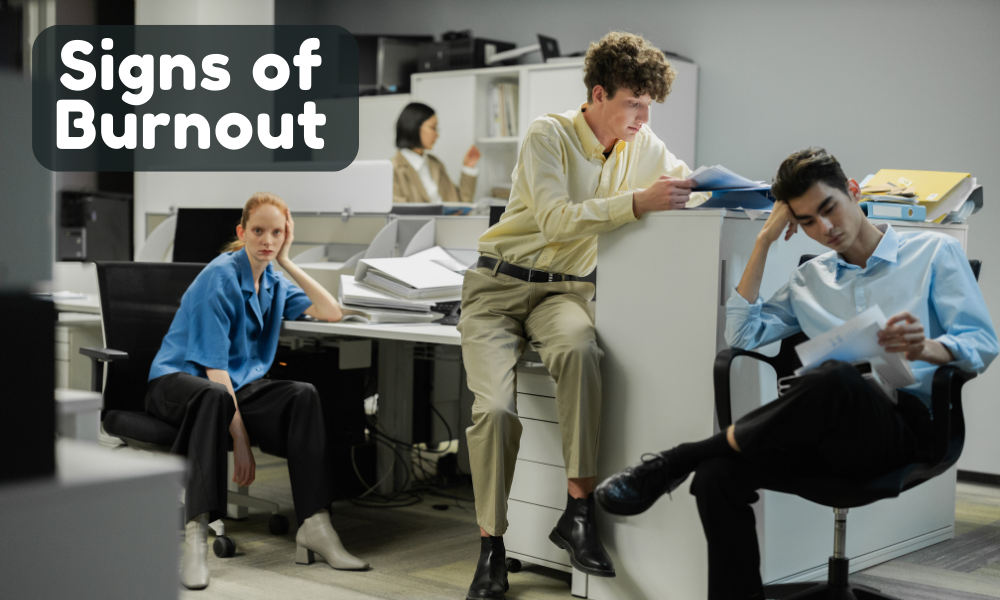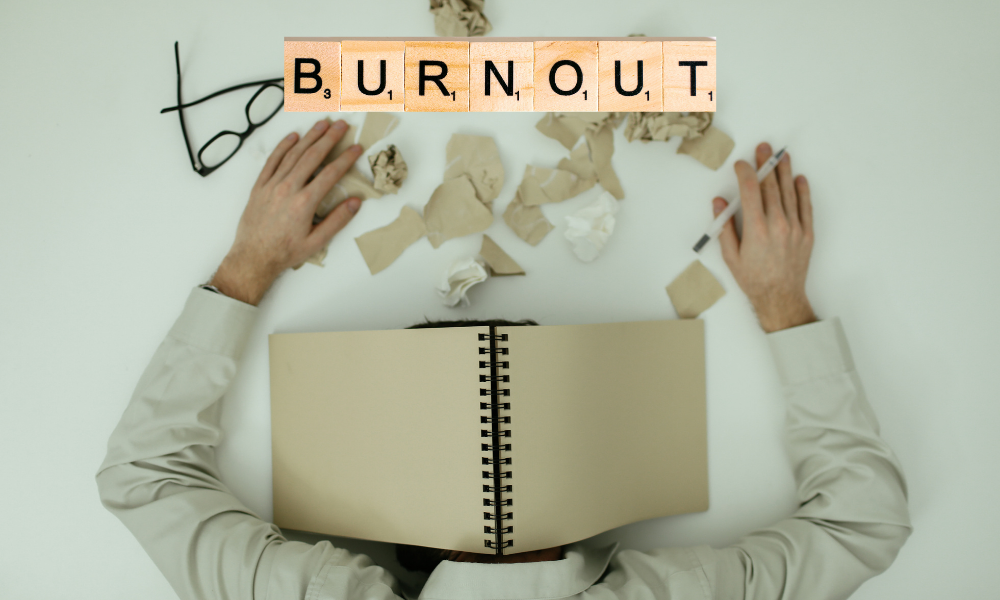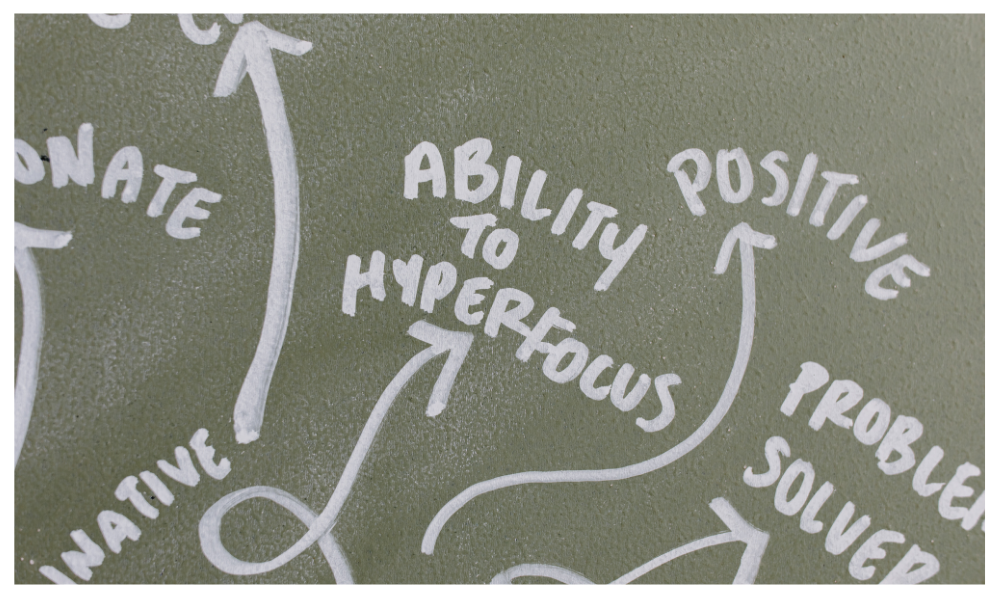How Do I Avoid Burnout?
In a recent survey on of 1500 participants, 62% of those claiming to have difficulty handling work overload also believed they had recently experienced burnout . 89% of all respondents agreed their work life balance was not balanced at all.
What is workplace burnout? What are the causes? More importantly, is there a cure?
Although workplace burnout isn’t a medical diagnosis, its symptoms are well known and can range from low productivity to emotional exhaustion and even physical exhaustion. Although low levels of stress on the job may seem common, through burnout research, we are seeing higher levels of stress occurring more every day.
With a view to save yourself from such extreme cases, let’s get to know the possible signs of burnout, as well as the causes and ways to combat burnout successfully.
Warning Signs of Workplace Burnout

We can agree that even the strongest person has a breaking point. Yet we depend on our best employees to the point of causing work overload. Too many assignments to complete or deadlines to meet or too many responsibilities can lead to extreme cases of burnout.
These employees commonly take little vacation time, yet they cannot seem to find a way to re energize. Some may mention feeling guilty for not being able to do the job adequately. Others may express that they feel detached or that they feel overwhelmed and that certain tasks feel insurmountable.
The consequence? You’ll simply end up losing your top-performing and highly-engaged employees.
Emotional and Psychological Signs of Burnout
What are the signs to look for that you or those around you may be experiencing burnout?
Irritability and frustration
One of the major signs to look out for in burnout is a change in your general attitude. You have always been known as someone with a cheery, upbeat way of being. Lately, you may have noticed that you’re hard to deal with or may have developed a critical attitude.
You may even find yourself getting easily irritated by your colleagues and even go as far as to blame them for your mistakes or oversights.
Your new attitude will most certainly negatively impact your home life, with family members or friends noticing that your sense of well being is not what it once was.
irrational Thinking
Irrational thinking or overanalyzing is another sign of burnout.
As a stress response you become concerned about your mental health. Perhaps you experience a type of mental fog or have difficulty refraining from overthinking your situation at work.
Maybe you often catch yourself having contradictory or confusing thoughts for long hours which can negatively impact your feelings of well being.
Or perhaps you begin questioning your position at your job with thoughts like, “Maybe I should look for a new role, this isn’t what I wanted,” or “maybe I should just quit” if you made a simple mistake or perhaps missed a deadline.
Unmotivated and Low Self-Confidence
Burnout can make the average daily routine seem difficult to complete. Never-ending episodes of feeling overwhelmed, low self-esteem and zero motivation to do necessary tasks are not uncommon. You may decide to miss work, believing the long hours you’ve already put in have gotten you nowhere.
You may question your ability to get the usual assignments done. You may believe your contribution has little to no meaning, while your accomplishments go unnoticed by your supervisor, even after pushing yourself to exhaustion.
In other words, you’ll contemplate day and night on your self worth, be it at the office or with your family members.
Negative Feelings
Developing pessimistic feelings is another of the many symptoms of burnout. Some pointers would be anxiety, even around friends and co-workers, feeling depressed or even having suicidal thoughts due to fears of losing your job. Building more control over such negative feelings is thus necessary in preventing burnout.

Physical Signs
Extreme Fatigue
Burnout not only affects mental health, it can affect us physically. Someone experiencing burnout may begin to miss work due to physical complaints such as being too tired, muscle and joint aches, headaches, etc.
Family members may notice a change in your usual healthy habits such as normal self care, regular exercise or interest in any type of physical activity outdoors. Be it a feeling of exhaustion or with symptoms of fatigue, burnout will show up in the lack of ability to maintain normal energy levels.
Insomnia
From time to time, everyone experiences sleepless nights for one cause or the other. But, when you’re struggling to manage stress on a daily basis and lack good sleep habits simultaneously, you may end up with burnout.
Difficulty in concentrating
More often than not, suffering from burnout will lead to absentmindedness. One moment you may be working on a weekly report, the next thing you know, you’re zoning out and unable to concentrate. No matter how hard you try, you’re not able to focus.
Your ability to concentrate can suffer, leading to anxiety, which can create a stress cycle.
Behavioral Signs
Low Productivity
Procrastination can affect us all occasionally. However, when work assignments are delayed or left undone, with no clear explanation, burnout may be the cause.
Postponed or neglected responsibilities will definitely draw attention. Are they early warning signs of burnout? Perhaps.
Self-isolation
Most people may feel detached from time to time, but most are able to restore a healthy balance in life in a short period of time.
Nevertheless, consistently pulling away emotionally and, even physically, from family, friends and co-workers could be a sign of extreme burnout. Left untreated, isolation will negatively impact one’s emotional and physical health.
Known Causes of Mental and Physical Exhaustion in Burnouts

To be quite honest, workplace burnout is very real and it happens to so many around us and to us.
There are a few reasons why you might fall victim to burnout and start to feel detached from both your professional and personal life. Let’s take a quick look into them, shall we?
Overloading Oneself with Work
Frequently, we might discover that we feel overwhelmed with too many responsibilities. This may be due to our own choices, or it could be we’ve been assigned what we consider more than our share of the workload.
We may believe that those at the organizational level are unaware of the amount of work we have to get done or the long hours we are contributing.
Unclear Work Expectations
In order to feel a sense of control in our daily routine on the job, we need to have a clear understanding of what’s expected from our employer. Uncertainty, confusion or disorganization can cause a stress response of job insecurity.
Dysfunctional Office Environment
There are occasions where one can have a supervisor or co-worker who attempts to exercise more control over us than is necessary. This person may think we aren’t working according to their standards and will attempt to micromanage our every move. Or this person may be avoiding certain undesirable tasks, leaving them to us to complete.
We may feel bullied. To be bullied in the workplace can cause extreme stress. Someone feels entitled to have their way and believes they have a right to force us to comply. Even when it is not within their rights or reason to do so.
Whatever it may be, a dysfunctional or toxic workplace dynamic will leave you drained and frustrated. You may experience burnout that leaves you with anxiety, which will no doubt negatively affect your physical health.
Your friends or family members will encourage you to do something about it. They’ll want you to speak up. You know it takes courage to address a negative situation, and you aren’t sure how to go about doing so. So, you accept things as they are and live with stress.
Imbalance Between Work and Life
A career, a vocation, a job—whatever you call your way of earning income—can mean different things to different people. Given the choice, most of us would prefer to be our own boss, or to work when we feel like it, and only then.
We work to have income to meet our own needs and the needs of a family or those who depend on us. We have dreams, wants and ambitions. We hope a steady income will help us reach our goals. Yet, we should ask ourselves what impact our particular work has on us or on our home life. Does what we do have a positive effect or a negative effect? Is there a change that needs to be made?
For families with parents where one or both work outside the home, who have children in daycare or school, or are even homeschooling the kids, with busy schedules, life can become extremely stressful. The result—exhausted parents.
Life can seem overwhelming. The New York Times has a test for parental burnout inventory. It’s called The Parental Burnout Test. Tools such as this can help parents see where their stressors are. Hopefully, they can then look into ways to avoid burnout.
Prevent Burnout: Stress Management Techniques

Work Smartly and Efficiently
Our goal with this article is to address the symptoms and causes of burnout and present ways of preventing burnout. We believe the key is to focus on balance. Balance your work life so you can reduce stress and experience a sense of well being in your life. Sounds simple, right?
We know it’s not easy, but be encouraged. You are not alone. Burnout research is abundantly clear. Workplace burnout is a real issue and affects many people. Yet, there are actions you can take to avoid burnout.
Balance Workload
Here are some tips that may help you in avoiding burnout with your tasks:
Plan ahead for the upcoming week. Make a to-do list if needed and follow it. Plan your work and work you plan.
If you see the need for help with certain tasks, ask for additional support. If possible, do not go it alone. Be transparent with you co-workers and accept assistance when offered.
No one is perfect. Everyone makes mistakes. Always put in the effort to focus on your duties and finish your tasks. And when mistakes happen, spare yourself the extra burden of worry. Take a deep breath to restore your mental balance. Know that your job performance should be based on what your normal outcomes are, not the occasional mishap!
Divide Tasks
Try switching between complex and comparatively easier tasks.
Tasks with higher levels of difficulty require complete focus—mentally, emotionally or physically. Organize tasks by setting aside separate times in your day for certain tasks that need extra attention and tasks that are easier to complete.
Take Breaks
Constant stress can have you checking your office emails at 2 am. or exhibiting physical symptoms such as headache, neck ache, backache or stiff shoulders. You rarely spend time disconnected from work, even while away from work.
Whatever you are dealing with, commit to taking time away physically and mentally. And although some ideas we list may seem simple, they can be very effective. All of these can help you avoid burnout:
Take a few minutes to rest daily. Be honest. Could you use a nap? A few minutes of rest, perhaps at lunchtime, could help you re energize.
Take a vacation. Have you scheduled vacation time yet this year?
Make time for relaxation. How do you use spare time? Do you read a book, watch a favorite show, call a friend or relax with family members? Have you tried Wordle (New York Times)?
Stay Aligned with Values and Expectations
Have you considered that workplace burnout may not be due to the complexity of your job? Perhaps your stress is coming from what you consider to be unmet expectations from the company or its authority. Or you may have come to realize your place of employment does not align with your own values.
In such cases, the smartest way to tackle this is to look for a better role or switch your organization and move toward what matters to you.
Build a Work Community
Even though we may agree that a workplace doesn’t give you the option to choose your co-workers, the bond still matters!
Working to develop a harmonious relationship between you and your colleagues is an excellent way to share the burden and have a positive effect on each other. You may be able to detect early warning signs of burnout in each other and work together to manage stress.
Opt for Stress Management Techniques
No matter where you are on the scale of experiencing burnout, some quick and easy methods may help you avoid burnout.
The most uncomplicated way to de-stress is taking deep breaths while counting 1 to 10. If you’ve tried this method, you’ll agree that the results do feel amazing!
Practicing yoga is a good solution to fight burnouts. It’ll allow your mind and body to relax.
Journal. You can write a little each day, documenting your thoughts. You can start with what happened today, how you feel about it, ideas of how you can solve any issues you experienced, etc. Getting your thoughts down can help you decompress and, as time passes, see how much you’ve grown or what changes you may need to make.
Taking a walk outside can be miraculous when you feel yourself burning out. A change of scenery and fresh air can change your perception very quickly.
Do you have a pet? Studies show pets can be a welcome distraction from worry and stress. Your pet knows nothing of your workplace issues, only that they want to be with you and love you unconditionally.
Laugh. Find funny tv shows, youTube videos, FB posts and laugh. You’ll be amazed how much better you feel!
Spend a few minutes each day in self reflection. Look for inspiration to keep yourself focused on what’s most important to you and those you love.
Read a passage from a favorite inspirational writer, listen to podcasts you find helpful or encouraging, read a chapter from Psalms or Proverbs, listen to your favorite relaxing music, etc.
Self care is the first step to fighting burnout and its consequences. Always strive to maintain a healthy harmony between your work and personal life.
And a little advice to go with it? Talk to someone if you are experiencing signs of burnout. Seek therapy if you find your condition worsening. Trust us, you won’t regret pouring out your emotions to a counsellor and will surely leave with a lightened heart!
A burden shared is a burden halved.


